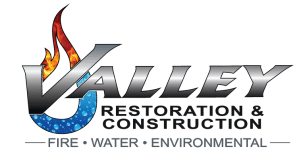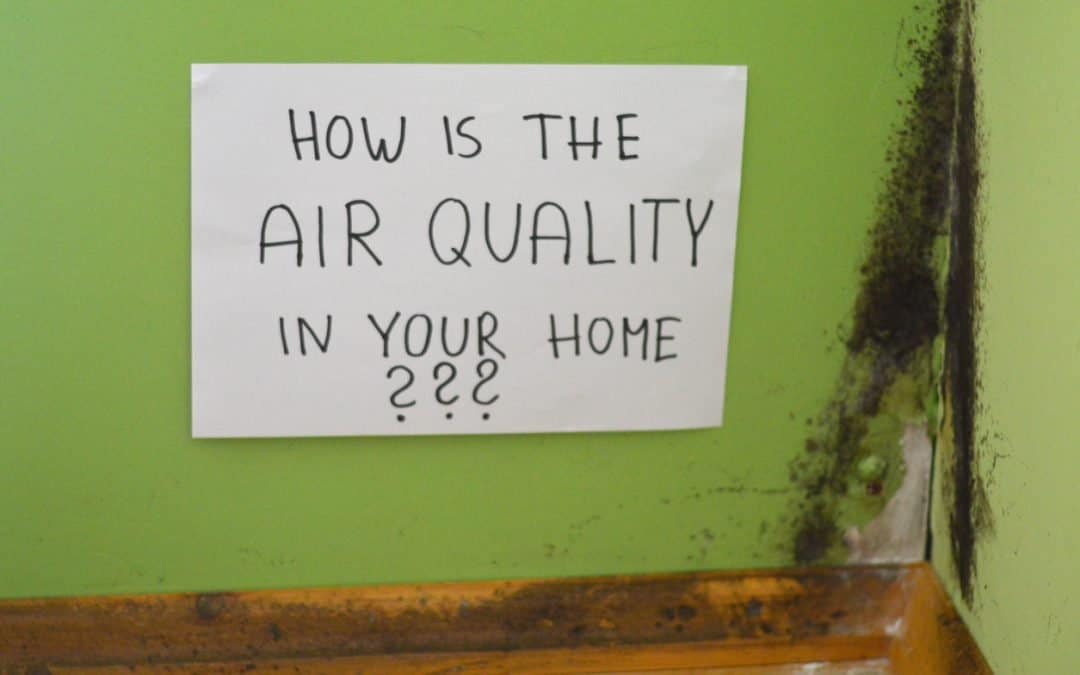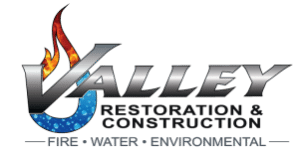Few things are more valuable than the air we breathe. But how clean is the air in your house, especially in the winter?
During the winter months, most of us spend a lot of time indoors as going out can often be a bit challenging. Spending time at home with our loved ones is lovely. So is sitting by the fireplace or cooking. However, all this also means that we breathe in air that has not been renewed or cleaned.
Smoke from the fireplace or the stove, steam from the cooker, or dust from the carpets can produce harmful particles in the air we breathe. Even burning candles, while romantic, harms the air we breathe.
So, how can we make sure that, even in the winter, the air in our house is as clean and fresh as possible?
How dirty is the air in our houses?
The air in our houses can often be dirtier than the outside air.
There is a surprising amount of potential pollutants inside a house. For instance, pets can spread pet dander and hair into the air. Mold can develop in the bathroom due to leakage or poor ventilation. An open fireplace will circulate smoke and ash particles through the house. A gas cooker may have an undetectable leak that compromises the quality and purity of the air. And the ventilation system might not be working properly, failing to clean the air around the house.
Here are some things you can do to keep the air clean around the house.
Cleaning
The easiest way to clean the air in the house is to clean the house itself.
Dusting and vacuuming remove harmful particles and mites from rugs and carpets. Vacuum curtains and other textiles such as throws and cushions, especially if animals sit on them.
Cleaning surfaces like tables, chairs and other furniture with a damp—but not wet—cloth removes dust and other allergens.
Remember that, some cleaning products may contain harmful chemicals that can trigger your allergies. You may prefer to choose natural cleaning products such as vinegar or soda or opt for shop-bought nontoxic cleaning products.
Open windows
Our first impulse in winter is to keep our windows shut. It makes absolute sense because we don’t want the cold air from outside entering our house.
However, opening the windows, even for a few minutes, is a great way to clean the air inside the house.
Choose a day where outside humidity is low and open the windows to get some fresh air inside the house. Try to open several windows: the resulting draft will clean the air throughout the house.
Pets
Pets are a lot of fun. They are also a source of allergens, but that’s no reason to get rid of Fido!
If you are concerned about the quality and cleanliness of your house air, brush your dog’s coat on a regular basis. This will remove excess hair, which would otherwise fall on the carpets and rugs. Bathing your dog regularly also minimizes pet dander and other airborne particles.
Cleaning the dog’s paws after a walk in the park will limit the accumulation of mud and traces of feces on your floors.
Mold
Mold is an important cause of poor air inside the house.
Mold tends to develop under sinks, around pipes, and in places in contact with water. It’s a good idea to check your bathroom for leaks and any wet and damp areas. If you see black spots, it could mean that you have a mold problem. Try cleaning the spots with bleach.
The best solution is prevention: check regularly your plants, pots, and drip trays under the fridge for mold growth.
Also, check your shower curtain in the bathroom for signs of mold. If you see any, clean the spots with bleach or detergent, or wash the shower curtain in the washing machine.
Ventilation
Ventilation is the best way to circulate clean air in your house. However, you need to make sure that your ventilation system works properly and the vents are clean from dust.
Clean regularly the filters in the ventilation system: dirty filters cannot clean the air properly and may even worsen the problem.
Air purifiers and dehumidifiers
Air purifiers with the appropriate filters can clean up the air around your house quickly and thoroughly. You can purchase an air purifier with HEPA (High-Efficiency Particulate Air) filters. These clean the air more efficiently from toxins and pollutants. Also, some air purifiers have activated charcoal to remove odors—something that is always helpful.
Think about installing a dehumidifier to lower the humidity inside the house: lower humidity means less mold.
Lower house humidity also prevents the development of mites, as they thrive in high-humidity conditions.
Gases
Gas leakages can go unnoticed but can severely harm the quality of our indoor air and may ultimately be dangerous to our health.
Test regularly the carbon monoxide levels in your house: carbon monoxide levels increase when the fuel (gas) is not burnt completely and fully, leaving residue.
Household appliances such as gas fires, central heating, and cookers can be leaking carbon monoxide. It’s a good idea to have all your gas appliances checked every year to make sure that they are efficient and burn the fuel properly.
Things to avoid
While cleaning, vacuuming and ventilating are very good instincts to keep your house air clean, you can also be pro-active by avoiding certain practices.
The first and foremost is that no smoking should be allowed in the house. Smoking is the primary source of dirty air in a house.
Another helpful step is to take off your shoes when entering the house. Our shoes can bring in the house dirt, mud, feces and many pathogens that we would probably prefer to leave outside our house.
Burning candles is a very comforting habit but it pollutes the air in the house because of the smoke it produces. If you don’t want to avoid it completely, it would be good to limit the use of candles.
Air fresheners are chemicals that mask the smell without cleaning the air. Although they can smell wonderful, they don’t really have a purpose in cleaning the air in your house. If anything, they are adding more chemicals to your indoor areas.
If you suffer from severe allergies, it might be good to consider taking off wall-to-wall carpeting and large rugs from your house. No matter how well and how often you vacuum them—even with a HEPA vacuum cleaner—dust mites and allergens are bound to stick to their surfaces, aggravating allergies and asthma attacks.


